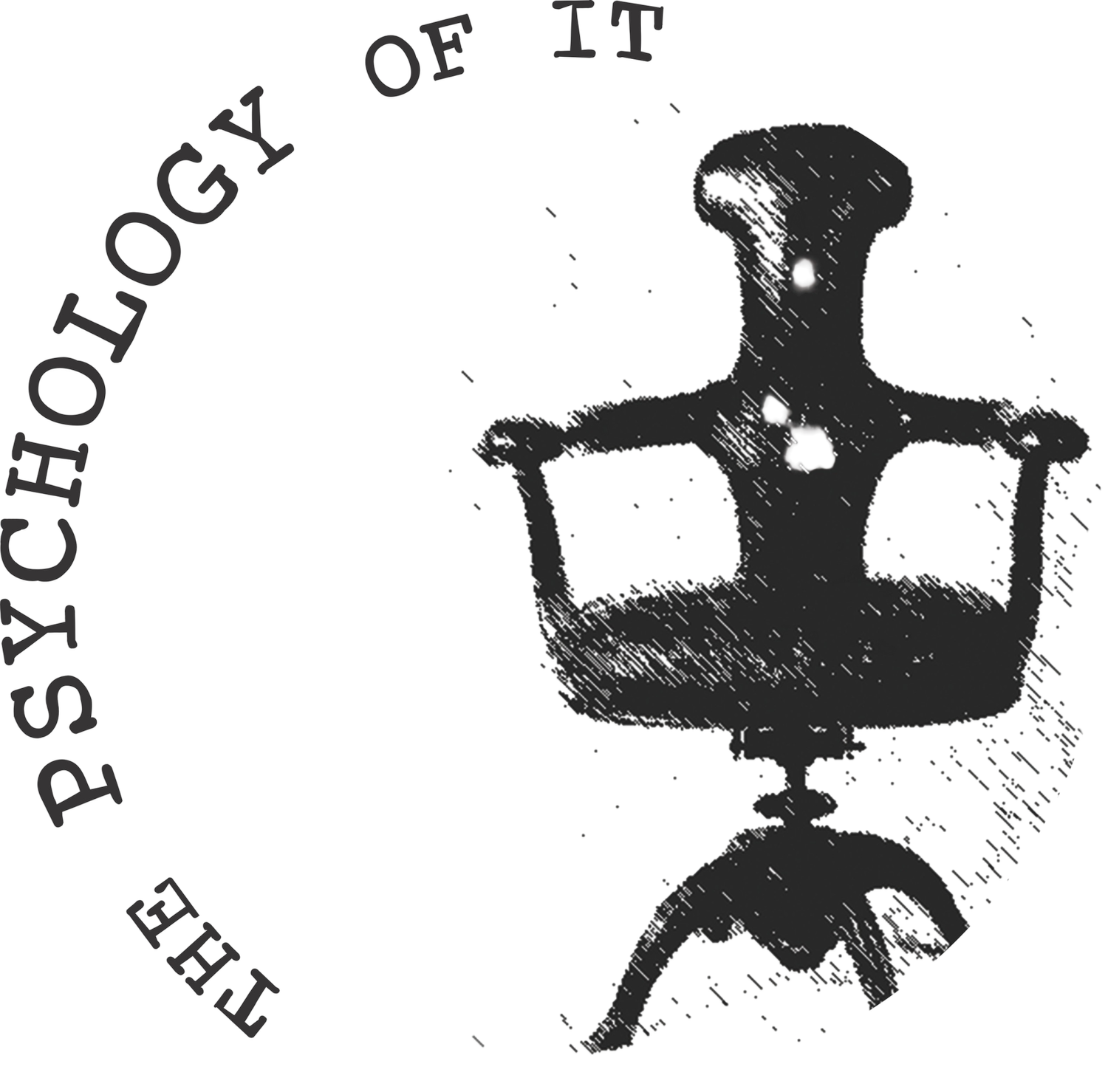Scans + Anxiety = Scanxiety
If I’m being honest, I should also include in my list of titles, ‘Anxious Patient’. You might be surprised to know that despite having several years of experience as a psychologist at my time of diagnosis, it took me until three cycles of chemotherapy, petrified with fear of dying at every scan, before I remembered that I probably had some tools in my toolkit to reduce my ‘scanxiety.’
Anxiety as an emotion is as normal as a cycle on your washing machine. In fact, our very survival depends on it. The Freeze, Fight or Flight response, that unconscious and faster-than-the-speed-of-light appraisal of threats designed to protect us from sabre tooth tigers hasn’t evolved much since our cavemen days.
Our amygdalae (there are two, one in each hemisphere) and our limbic system are always subconsciously on the lookout for threats to our safety, at the ready to activate our sympathetic nervous system, increasing our breathing and heart rates to supply our muscles with more oxygen with which to fight the threat or run for the hills.
In the general population, this reaction comes in useful when we accidentally step out into oncoming traffic without looking or when we hear a strange noise outside our window.
More often than not, our brains catastrophise the likelihood of danger, but not when you’re told you have cancer. Being diagnosed with cancer is at least initially, perceived as a direct threat to our mortality and something that puts our amygdalae on high alert.
Our brains are very good at remembering the threats to our safety over our lifetimes and any little hint of anything vaguely related to those experiences happening again, is likely to trigger anxiety. Some triggers are obvious like returning for the same scans in the same office that once provided you with bad news.
My adverse reaction to my first cycle of chemotherapy made it difficult for me to smell the hand sanitiser without feeling nauseated.
I became anxious about returning for cycle two due to my fears about having another reaction to the drugs. I worked in a hospital so that made life interesting!
Our senses record everything when we are faced with a life-threatening situation and so smells, sounds, textures, tastes and even things we see out of the corner of our eye might cause us to feel anxious. In fact, some life-threatening situations including receiving a cancer diagnosis can even lead to post-traumatic stress disorder (PTSD), where the fear response continues long after the event.
In usual circumstances, once the stressful situation or threat passes, so too do the feelings of anxiety. It's only when the anxiety persists without reason, lasting longer periods of time, impacting on our ability to function and causing us significant distress that we begin to talk about anxiety disorders.
There are several different anxiety disorders, but the one underlying core emotion common to all of them, is fear. Usually in the case of cancer, that fear is of death and dying.
When we think about how cancer is diagnosed and even re-diagnosed, it typically comes after a series of tests or scans. It’s not surprising then, that any similar scans that we know are specifically searching for cancer, might elicit an anxiety response. Scanxiety is the name for the anxiety felt when waiting for cancer scan results.
Scanxiety fits under the category of Specific Phobias - the intense fear associated with a specific situation, in this case being diagnosed or re-diagnosed with cancer.
In preparing to write this article it didn’t take much reflecting before a myriad of scanxiety-based memories came flooding back.
• The follow-up fine needle aspiration after I was told, ‘I’m not sure what it is, but I wouldn’t like it in me.’
• The liver scan three cycles into chemotherapy when I anxiously awaited results for five whole days, convinced I had liver metastases (I planned my funeral in three sleepless nights)
• The claustrophobia in the heart scan, bone scan and MRI machines
I’ve even considered that there are two different types of scanxiety:
1. Anxiety about having the scans
2. Anxiety about their results
I can easily relive the terror of hearing the voicemail that informed me an appointment had been made with my doctor for the next day to discuss my biopsy results and, the follow-up phone call that confirmed that at thirty-seven I had ductal carcinoma in situ in my left breast.
The tightness in my chest, the difficulty breathing, the bottom falling out of my stomach, the absolute fear for my life. The belief, with absolute certainty, I’m going to die.
Not to mention the fear of recurrence. Pain in my little finger. Cancer must be back. A headache. Cancer must be back. Overarching exhaustion. Cancer must be back. I’m going to die.
Fear and anxiety about death and dying. Our very survival instinct, alive and well.
Clearly, anxiety is a very physical emotion, but there’s also a thinking component – our fear; our cognitive appraisal of that perceived threat; and, our perceived capacity to cope with it.
There’s a very close and direct relationship between what we think and how we feel. It makes sense then, that the greater we perceive a threat to be to our survival and the less we feel in control over that threat, the more anxious we will feel.
The good news is that there are several strategies we can learn to effectively manage our scanxiety which I will discuss in my next article, Coping Strategies to Manage Scanxiety.

